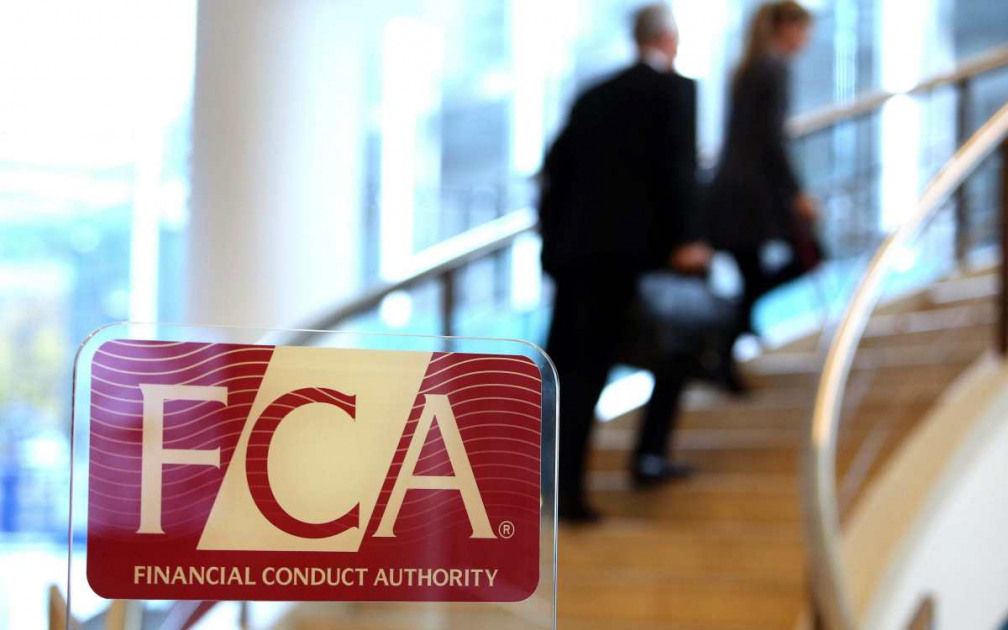The Financial Conduct Authority of Great Britain (FCA) has published the final version of the cryptocurrency assets manual, indicating which of them fall under its jurisdiction.
Related: Blockchain.com’s is adding a GBP gateway to its exchange
Most of the published rules were submitted in January of this year, and, as expected, the final wording does not contain big changes.
In particular, the guide contains the concept of a security token, which is defined as an asset that has the characteristics of shares or debt instruments, including ownership. For such tokens, the same rules apply as for traditional securities, which is why they should be regulated by FCA.
As in the case of traditional money, companies are given the opportunity to issue security tokens without a regulator's license, but trading them without the permission of FCA is prohibited.
Utility tokens, on the other hand, do not possess such characteristics and therefore, as a rule, will not interest FCA. The exceptions are cases when they perform the function of electronic money and thus fall into the category of e-money.
It is said in a document that a token that is not a security or a form of electronic money, is not subject to regulation. Nevertheless, market participants need to consider that certain activities using such tokens can be regulated, for example, when they are used to make regulated payments.
For example, the category of electronic money may include certain stablebcoins. This may be the case if they are backed up by certain assets, a basket of crypto active assets, or controlled by algorithms that regulate the supply of tokens.
Trending: Fintech Company Plaid Announced Its First Crypto-Native Product
The third category is exchanging (exchange) tokens, which include Bitcoin, Ethereum, Litecoin, and all other cryptocurrencies that are not within the jurisdiction of FCA. Exchange tokens are united with the first two categories by the fact that they are also subject to the rules related to countering the laundering of illegally obtained incomes.
The agency notes that market participants should use this guide as a first step towards understanding how they should work with certain crypto assets. The final decision, however, can be made only in each individual case.






